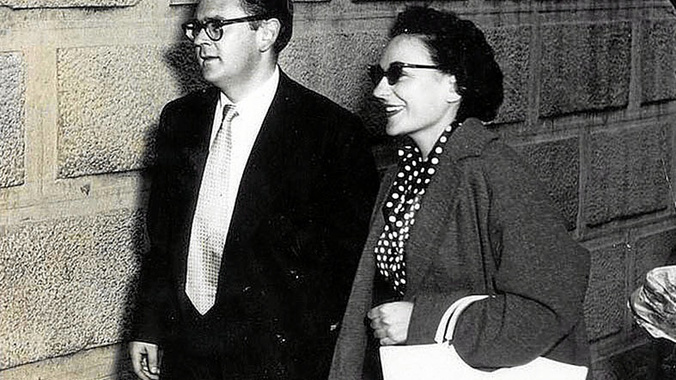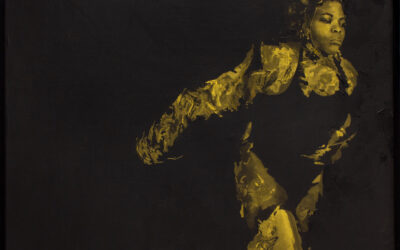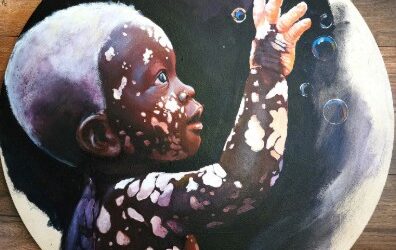Alan Wieder’s biography, RUTH FIRST AND JOE SLOVO IN THE WAR AGAINST APARTHEID, focuses on the couple’s relationship, their different personalities and opposing views, reports Gavin Evans.
Back in 1989, with the Berlin Wall about to fall, I enjoyed a long and leisurely dinner with Joe Slovo at his Lusaka home. The youngest of his three daughters, Robyn, popped in, but mostly it was just Joe, his friend Pallo Jordan and me, and it ended with a fine bottle of red wine.
“A gift,” Joe said after absorbing our compliments, pausing for effect, “from Erich Honecker.”
Jordan, an independent-minded leftist and no admirer of the ailing East German leader whose fortunes were taking a tumble, offered a raised eyebrow. I offered a nervous smile. Slovo burst into laughter, clearly relishing the irony of it all.
In Cape Town seven years earlier I had attended a memorial for Ruth First, who had just been assassinated by a parcel bomb. One of her comrades from the 1950s addressed us on First’s remarkable struggle contributions over the decades, and rounded it off by telling us that “they were the glamour couple of the left”.
She then turned her attention to the scruffier women activists of the student left, pointedly informing them that Ruth took “great care” about personal grooming.
Reading Alan Wieder’s biography of this rather extraordinary couple, these moments came to mind. With their very different personalities, regular rows and often opposing views, they emerge as two of the most compelling characters within the ANC’s historical cast.
First was known as an open-minded Marxist who refused to toe the pro-Soviet line. But she was also something of a martinet – the cliché “doesn’t suffer fools gladly” pops up from several of Wieder’s interviewees. Then again, her fierce intellectual rigour and clarity in debate seemed to disguise an underlying self-doubt and shyness. As her close friend Ronald Segal put it in a eulogy: “She was fascinatingly full of paradoxes: seemingly less concerned with the risks to her life than with having her hair done …”
The apartheid state did its utmost to demonise Slovo, portraying him as a ruthless KGB colonel and all-purpose bogeyman. But the mensch I briefly knew, and who emerges from the pages of this book, was warm, witty and charming – and, in private, a lot less doctrinaire than most other South African Communist Party (SACP) leaders I encountered.
Their close friend Wolfie Kodesh is quoted as describing Slovo as a down-to-earth and funny working-class intellectual.
First is portrayed as more complex. “She didn’t have a rapport with ordinary working-class blokes … and yet she would give her life to protect them and their rights – of course, she did give her life,” he said.
Wieder traces their parallel lives, moving from one to the other, blending the narrative with extracts from 78 interviews.
Inevitably, there will be significant details omitted in a book of this kind. For example, there’s no mention of Slovo’s role in securing Jordan’s release from an ANC detention camp. Yet the book provides a rigorous account of their lives, mainly positive but never descending into hagiography. It is perhaps too detailed to appeal to casual readers, but for historians and anyone who engaged in anti-apartheid politics, it makes for a compelling read.
Read the full review by Gavin Evans in the Mail & Guardian
RUTH FIRST AND JOE SLOVO IN THE WAR AGAINST APARTHEID by Alan Wieder (Jacana)
PHOTO CREDIT: Eventful lives: Ruth First playing herself in Jack Gold’s film on her imprisonment with husband Joe Slovo during the treason trial. (Courtesy of Ruth First Papers Project, Institute of Commonwealth Studies)






